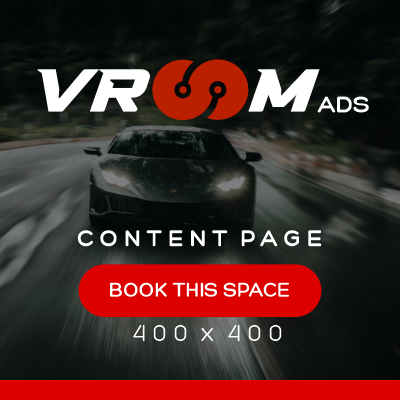Ever since the messy Dieselgate, Volkswagen Group has pledged to clean up its tainted image by channeling most of its efforts into the development of electric vehicles. The MEB platform serves as the backbone of the zero-emissions assault, with the more sophisticated PPE arriving in 2023 for fancy Audi and Porsche products. That doesn't it has completely abandoned the good ol' combustion engine, as evidenced by a new gasoline unit introduced today.
As its name implies, the 1.5 TSI evo2 is an evolution of the group's 1.5-liter gasoline engine. The turbocharged four-cylinder mill has been made even more efficient by moving the three-way catalytic converter and petrol particulate filter in a single emission control module installed near the engine. Doing so has allowed VW to rely less on rare metals while allowing the company to be ready for stricter emissions regulations that will inevitably arrive later this decade in Europe.
Officially dubbed "Active Cylinder Management," the cylinder deactivation tech has now evolved into the ACTplus system. It offers a leaner transition from four to two cylinders and vice versa. In addition, the operating range has been extended as the second and third cylinders are not fired when the engine is operating at low and medium loads and speeds. VW pledges the "switchover is hardly noticeable" to ensure silky smooth operation.
The 1.5 TSI evo2 is initially offered in the T-Roc and T-Roc Convertible with 150 horsepower. It'll be added to other models, including plug-in hybrid models with a combined output of 272 hp. Chances are the next-generation VW Passat and equivalent Skoda Superb will get this PHEV powertrain once they'll debut sometime in 2023.
Even in a press release talking about a new internal combustion engine, VW wishes to remind us it projects EVs will account for 70 percent of all sales by the end of the decade. Since the complete switch to electric won't happen overnight, the remaining ICEs will be updated to meet Euro 7 regulations to sell cars in countries where ICEs remain popular. The German automaker admits the charging infrastructure hasn't matured enough in some regions; hence why conventionally powered vehicles are sticking around for the time being.
Source










.jpg)


.jpeg)

.jpeg)
.jpeg)

